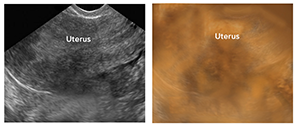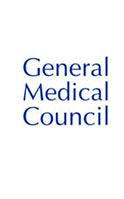4D Ultrasound

What is 4D Ultrasound?
An ultrasound scan is a diagnostic imaging test that is performed by directing high-frequency sound waves over the desired organ or part of the body. These waves bounce off body structures like echoes and are captured by a computer, which converts these waves into an image. Ultrasound during pregnancy is performed to create 3D or 4D images of your developing baby. While 3D images are still-pictures, the more advanced 4D ultrasound scans are moving images that produce life-like images of your baby during pregnancy.
An early scan shows clear images of your baby’s body, while scans in the later stages show facial features. The scan is also helpful in checking the movement and growth of the foetus. Ultrasound scans are performed by an obstetrician (a doctor with specialization in pregnancy and childbirth) or a sonographer (a technician trained in ultrasound scanning).
Procedure of 4D Ultrasound
At the ultrasound clinic, you will be asked to arrive with a full bladder. Your family can also attend to view the 4D scan. The ultrasound scan takes about 10 to 15 minutes. The ultrasound scan equipment consists of a hard drive, a display screen and a keyboard. Your sonographer uses a sensor, a hand-held device that sends out sound waves and receives the echoes. A clear gel is applied onto your abdomen and the sensor is moved over the gel.
The scan is started with 2D to check the baby’s heartbeat and position and then proceeded to 4D. Images of your foetus are then displayed on a monitor, which are updated continually to display your baby’s movements. If your baby’s face is not visible, your technician may suggest that you take a short walk so that the baby’s position changes. You can view your baby moving on the ultrasound screen and can even save these images for later viewing.
Risks and complications of 4D Ultrasound
The 4D ultrasound scan is safe and painless and does not use any harmful rays that may harm your baby.







